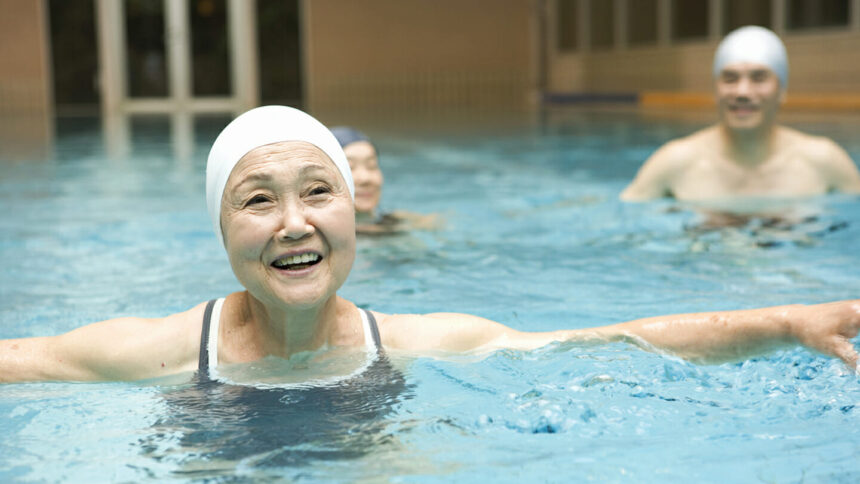
In the age-old quest for the fountain of youth, a new study reports that adults between the ages of 50 and 80 who see themselves as looking more youthful may also have a more positive outlook toward the aging process in general. This positive outlook may improve health. Conversely, those who see an “old” person in the mirror are more likely to experience a negative aging process; this can lead to poorer health.
The research, published in the journal Psychology and Aging, offers a fresh perspective on the aging process, and how deeply embedded cultural stereotypes can impact an older person’s quality of life. Here are a few key findings from the study.
· Appearance matters: The study identified visible indicators commonly associated with aging, such as changes in hair color, skin texture, body shape, mobility and the use of assistive devices like reading glasses or hearing aids. These outward signs, although natural and not necessarily indicative of decline, can shape how we perceive the aging process and can impact social interactions.
· Perception is powerful: Approximately 59% of study participants reported looking younger than their same-age peers, while only 6% perceived themselves as looking older. Those who perceived themselves as relatively younger generally experienced more positive aspects of aging and fewer negative feelings.
· Investing in youth: About a third (35%) of participants admitted to investing time or effort into maintaining a youthful appearance. Interestingly, this pursuit was associated with both positive and negative experiences of aging, suggesting a complex interplay between societal pressures and personal well-being.
· Demographic variations: While some sociodemographic variations were observed, no specific group appeared immune to the potential effects of aging appearance. However, factors like marital status, socioeconomic status, and employment status seemed to influence the magnitude of negative effects associated with aging appearance.
· Health implications: The study reinforces the notion that positive experiences of aging are linked to better physical and mental health outcomes, while negative experiences are associated with poorer self-rated health.



